 |
| Chinese robot company Unitree Robotics is expected to file its listing documents between October and December, a move that could prepare it for an IPO. (Source: SCMP) |
The Hangzhou-based company, known for its humanoid and quadruped robots, is preparing to tap the capital markets as China races to secure leadership in embodied artificial intelligence (AI) – the combination of robotics and AI that allows machines to physically interact with the real world .
Examples of this type of AI include autonomous drones, self-driving cars, and factory automation systems. Robot vacuum cleaners and autonomous lawn mowers also use embodied AI at a simple level.
Earlier this week, on its X account, Unitree said that last year, 65% of the company's revenue came from quadruped robots, while humanoid robots contributed 30% and the rest came from accessories.
According to Unitree, about 80% of Unitree's robot dogs are sold for research, education , and consumer use, while the remaining 20% are deployed for inspection and firefighting. Humanoid robots are sold entirely for research, education, and consumer use.
Unitree founder and CEO Wang Xingxing said the IPO, like the college entrance exam, would be a “milestone in governance” for the company. While he did not disclose the company’s intended listing venue, some sources said Shanghai’s STAR Market was the most likely destination.
The company is being guided for listing by CITIC Securities, according to a filing with the China Securities Regulatory Commission (CSRC).
Unitree’s G1 humanoid robot currently costs 99,000 yuan ($13,600), while the company’s Go2 robot dog started at 9,997 yuan. Earlier this year, Unitree reduced the price of its R1 humanoid robot to 39,900 yuan to expand its use.
This is not a simple price-cutting tactic, but rather a push to lower barriers to entry, stimulate demand, and accelerate the creation of a broader commercial ecosystem, according to Mr. Wang. He predicts that humanoid robots could be rented out to factories, farms, and households within a few years, as the ecosystem matures and developers build new applications.
He also suggested that governments could one day tax robots as they do human workers when machines perform a significant portion of human tasks.
Wang said the company’s annual revenue exceeds 1 billion yuan and has been profitable since 2020, a rarity in the capital-intensive robotics sector. Half of Unitree’s revenue now comes from overseas, helped by an export push that began in 2018. Global sales of humanoid robots are expected to double each year, and if breakthroughs come sooner, the sector could reach hundreds of thousands in two to three years, he said.
Analysts say China is positioning humanoid robots as a new growth engine. An industry report in April 2025 said China could produce more than 10,000 humanoid robots this year and account for more than half the global market.
The sector has also become a magnet for capital. Rival startup AgiBot recently sought control of a materials company through a share transfer in what insiders saw as a backdoor listing, while July alone saw several fundraising rounds involving backers including Tencent, Alibaba and Geely.
ITjuzi.com said that 133 investment deals have been signed in China's AI sector since the beginning of 2025, worth more than 18 billion yuan, exceeding the total value of 2023.
Source: https://baoquocte.vn/ngoi-sao-cong-nghe-trung-quoc-chuan-bi-ipo-du-kien-khuyen-dao-thi-truong-326817.html


![[Photo] Solemn opening of the 8th Congress of the Central Public Security Party Committee, term 2025-2030](https://vphoto.vietnam.vn/thumb/1200x675/vietnam/resource/IMAGE/2025/10/4/f3b00fb779f44979809441a4dac5c7df)

![[Photo] General Secretary To Lam attends the 8th Congress of the Central Public Security Party Committee](https://vphoto.vietnam.vn/thumb/1200x675/vietnam/resource/IMAGE/2025/10/4/79fadf490f674dc483794f2d955f6045)















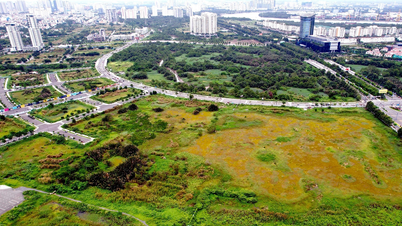












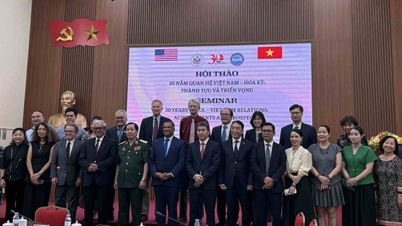
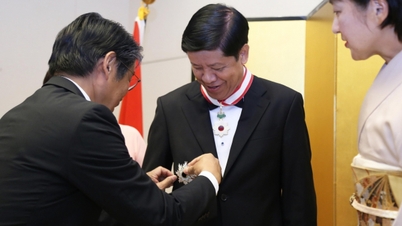
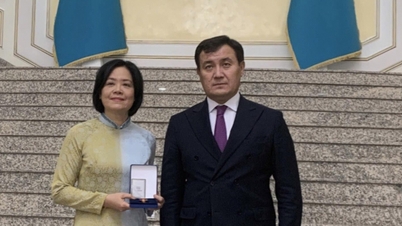
![[Photo] Students of Binh Minh Primary School enjoy the full moon festival, receiving the joys of childhood](https://vphoto.vietnam.vn/thumb/1200x675/vietnam/resource/IMAGE/2025/10/3/8cf8abef22fe4471be400a818912cb85)
![[Infographic] Notable numbers after 3 months of "reorganizing the country"](https://vphoto.vietnam.vn/thumb/1200x675/vietnam/resource/IMAGE/2025/10/4/ce8bb72c722348e09e942d04f0dd9729)






















































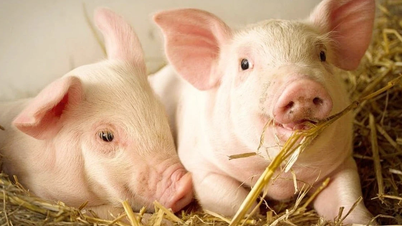






Comment (0)